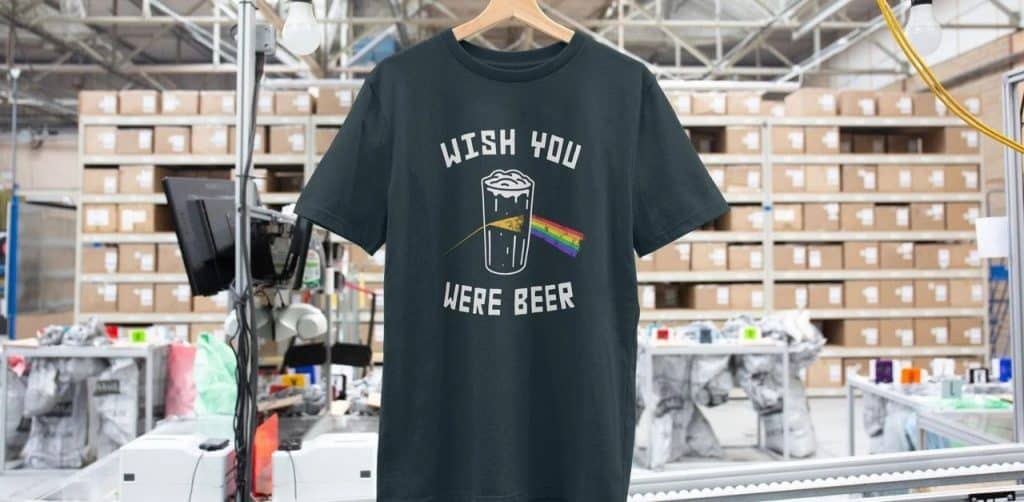Shirtbox, the leading supplier of humorous and personalised t-shirts and clothing, has successfully transitioned to an organic and sustainable production model. The company, founded in 2014, has grown into a market leader known for its funny designs and slogans, offering customers the ability to personalise clothing to their preferences.
This shift towards sustainability has seen Shirtbox adopt 100% organic cotton for all of its products, earning certification from the Global Organic Textile Standard (GOTS). In addition, all Shirtbox products are now vegan-friendly, further solidifying the company’s commitment to eco-friendly practices.
Neil Ratcliffe, Co-founder of Shirtbox, expressed the company’s commitment to reducing its environmental impact. “We’re well aware of our industry’s reputation, and we understand the need to ensure that we do everything we can to minimise our impact on the environment. Our fabric dyeing process also saves thousands of litres of water,” Ratcliffe said.
However, he also acknowledged the challenges small businesses face in making such a transition, highlighting that sustainability often leads to higher costs in the supply chain. Despite these challenges, Ratcliffe was proud of the improvements made. “We now have a far better product and are operating as a carbon-neutral business, which we are exceptionally proud of.”
As part of its sustainability efforts, Shirtbox has joined the Remill scheme, a circular fashion initiative that allows customers to return their 100% cotton clothing for recycling instead of discarding them. The scheme enables materials to be repurposed into new products. Customers can send back any unwanted 100% cotton clothing, regardless of brand, for recycling, contributing to reducing waste and supporting sustainable fashion practices.
Ratcliffe added, “There aren’t many companies in our sector that currently support circular fashion, so it’s something we are passionate about. The evidence shows it is the future for the fast fashion industry.” He also encouraged customers to send in their old clothes as Christmas approaches, rather than letting them end up in landfill. “We can then create new products from them,” he explained.
In addition to their eco-friendly practices, Shirtbox continues to offer a wide range of fun and personalised products, including t-shirts, hoodies, tote bags, mugs, and Christmas jumpers. All items are printed in the UK, and the company provides an online personalisation tool, allowing customers to create their own designs.
Shirtbox’s Christmas jumper collection is now available for purchase, with products making ideal stocking fillers. Ratcliffe highlighted the growing importance of conscious consumerism, especially as the festive season approaches. “In a world where we all need to be conscious of our impact on the planet, why not order from a carbon-neutral company that uses recycled materials in its products and encourage others to donate their unwanted items at the same time?” he said.
Shirtbox’s transition to sustainability underscores the company’s dedication to creating both fun, high-quality products and a positive environmental impact, setting a strong example for the fashion industry. For more information about Shirtbox and its products, visit shirtbox.com.




